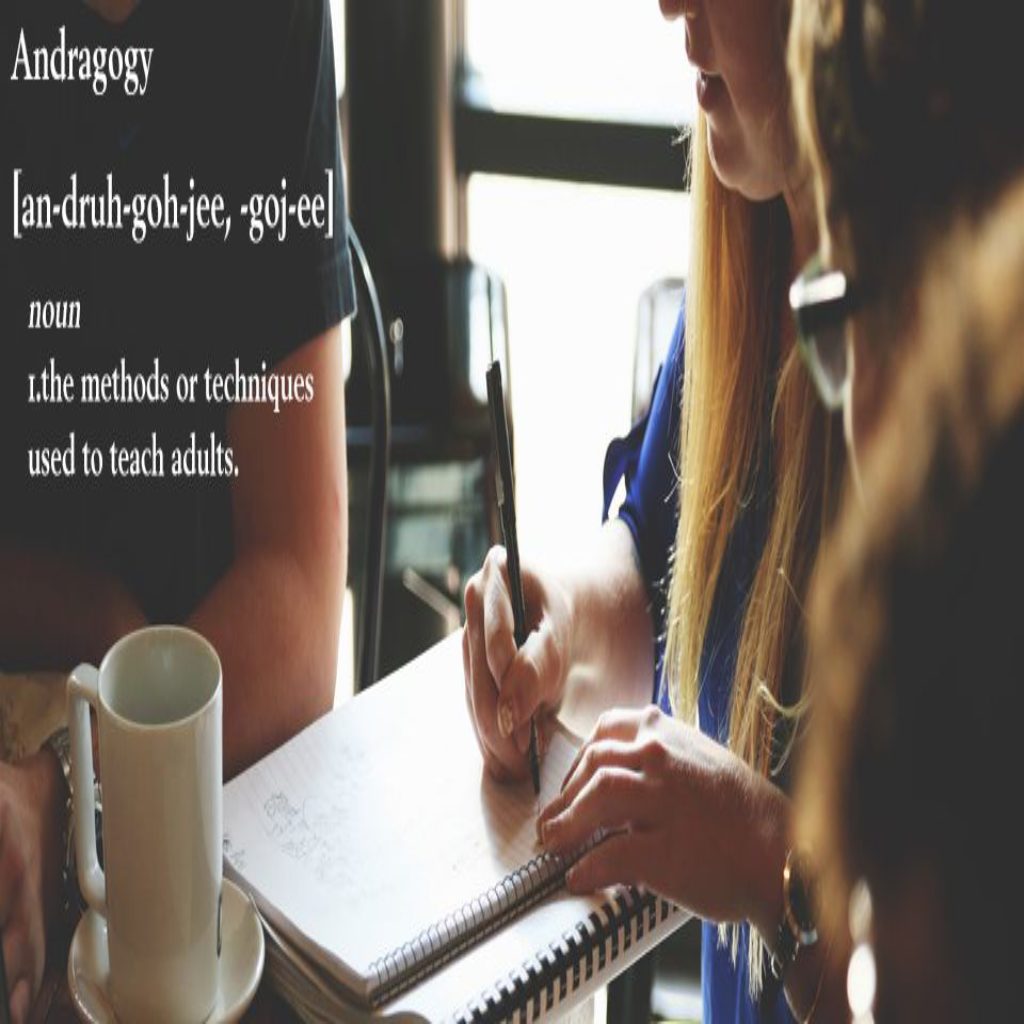Learning is a process developed throughout our life; however, little emphasis has been given to adult literacy or the construction of knowledge acquired in adulthood.
If you look at the masters in our history, such as Jesus in biblical times, Paulo Freire in Brazil, and Socrates and Plato in ancient Greece, we can see that all of them were adult educators and they developed their own strategies for dissemination of knowledge, breaking paradigms about what was understood at the time for formal education.
These teachers believed that the construction of knowledge was an investigative process, based on listening and dialogue and not the transmission of knowledge, where it would be up to the teacher to deposit knowledge and concepts at the mind of the student, who had no opportunity to discuss or exchange ideas about this content.
Jesus, in his preachings to his disciples, used what we call today as “Case Study”, parables that contained stories and problem situations that should be examined by their students so that they could reflect on the possible causes / alternatives found for each situation.
In this approach to learning, we note that:
- In a class of adults, the knowledge offered by the teacher is as important as the knowledge brought by adults
- In adult education, both teacher and student learn together in a relationship of shared learning
- Students gradually become agents of change, actively participating in the development of the school curriculum
The development of adult occurs when learning has value and meaning to him and where it is possible to add new knowledge from experiences accumulated over the adult life.
The planning and organization of content taught by the educator must be focused on the student and not on the subject.
It is worth noting that the adult has a great need to discuss issues, share knowledge, and discuss facts. For this reason, the ministry of content should care about the exchange and not mere transmission of concepts.
Classes for adult learning should contemplate the differences in thinking, rhythm, time, and learning style of each learner. Thus, adults need to know why they need to learn certain content and what benefit it will bring to their life since it is they who decide their responsibilities and decisions in everyday life. The knowledge offered for this learner must be oriented to life, so he can make analogies and comparisons with his daily life.
Other key aspects of adult learning are:
- Adults need to understand the real reason for learning new things. It will be up to the teacher to explain the benefits of this new learning as well as its application in everyday life of the student
- Adults carry with them a baggage of experiences and knowledge which should not (under any circumstances) be ignored by the teacher to teach the content. In adult education classes, the student has the need to be valued, either for his achievements or his knowledge. If the student is not accepted by the teacher, he ends up feeling resentful and will resist the acquisition of concepts imposed by the educator in the classroom
- As adults accumulate experiences throughout life, they should be incorporated into the school curriculum and educational activities, as, for example, simulations and case studies, debates and discussions, problem solving, etc.
- The adult has a greater ability to learn what will help him solve a problem linked to his daily life
- While the learning of the young is centered on a theme, knowledge in the adult is centered on life, such as the activities of: decision-making or problem solving in the daily life. Learning for life is the primary consideration for the adult. His learning must be related to the resolution of problems experienced in life. Assimilation of knowledge, skills, and attitudes becomes more concrete when linked to adult life
- Motivational factors that drive the development of the adult emerge from the inside out, as can be seen in the following situations: the need to be well accepted, desire to be liked by people and social groups, take pleasure in what they do, have more quality of life to enjoy with family and friends
Education is a process that should target the continued development of student and teacher where it is possible to transform learning into knowledge and knowledge into action that can impact positively on the lives of the students and the environment in which they live.
Photo credit: Newton Free Library via Pixelbay

